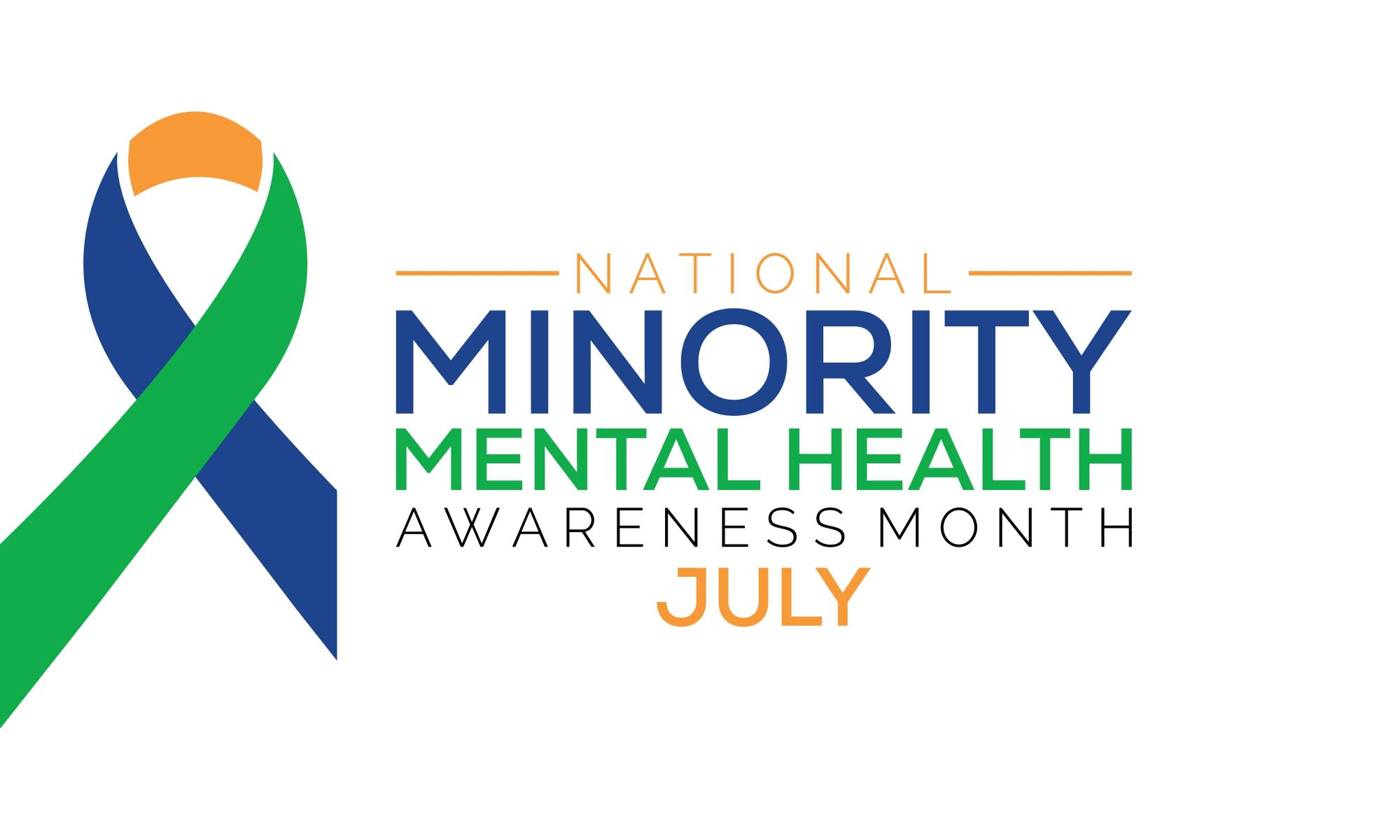

July marks Minority Mental Health Month, a time dedicated to raising awareness about the mental health challenges faced by minority communities. In order to address these issues effectively, it is crucial to understand and emphasise the significance of diversity, inclusion, and equity in society and the workplace. This blog post explores the connection of these concepts and highlights their importance in promoting mental well-being among minority populations.
Diversity encompasses the unique characteristics and experiences that define individuals, including race, ethnicity, culture, religion, gender identity, sexual orientation, and more. Recognising and celebrating diversity is vital because mental health is influenced by factors such as cultural norms, societal biases, and historical experiences. By embracing diversity, we create an environment that acknowledges the specific challenges faced by different minority groups, and we foster a greater understanding of their mental health needs.
Inclusion goes beyond representation; it is about creating spaces where individuals feel valued, respected, and included. Inclusive mental health practices involve actively incorporating diverse perspectives and ensuring that minority voices are heard and acknowledged. When minority individuals feel included, they are more likely to seek help, engage in conversations about mental health, and access appropriate support services. Inclusion reduces the stigma surrounding mental health issues within minority communities, fostering an environment of acceptance, and understanding.
Equity is about fairness and justice, ensuring that everyone has equal access to the necessary resources and opportunities to thrive. In the context of mental health, achieving equity means addressing the disparities and barriers that disproportionately affect minority populations. It involves eliminating systemic biases, reducing financial and cultural barriers to care, and providing culturally sensitive mental health services. By striving for equity, we create a more level playing field, allowing minority individuals to access the support they need to maintain good mental health.
Diversity, inclusion, and equity are intertwined and mutually reinforcing. When diversity is acknowledged and celebrated, it lays the foundation for meaningful inclusion. Inclusion, in turn, helps create an environment where equity can be achieved. By addressing mental health in minority communities through a lens of diversity, inclusion, and equity, we can effectively reduce mental health disparities and create a supportive and inclusive society.
In conclusion, during Minority Mental Health Month, it is essential to recognise the interconnectedness of diversity, inclusion, and equity in promoting positive mental health outcomes for minority communities. By embracing and celebrating diversity, fostering inclusive environments, and striving for equity in mental health care, we can work towards a society where mental well-being is accessible and supported for all individuals, regardless of their background. Let us continue to prioritise diversity, inclusion, and equity, ensuring that minority voices are heard, and mental health support is inclusive and accessible to all.
MBM Omega is a diverse and inclusive workplace – that is one that makes everyone, regardless of who they are or what they do for the business, feel equally involved in and supported in all areas of the workplace.




